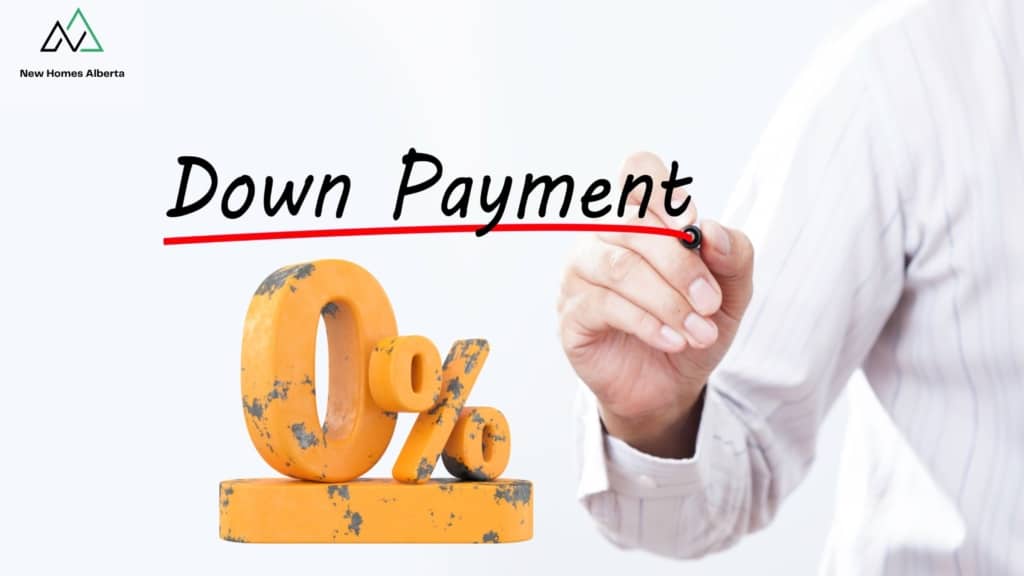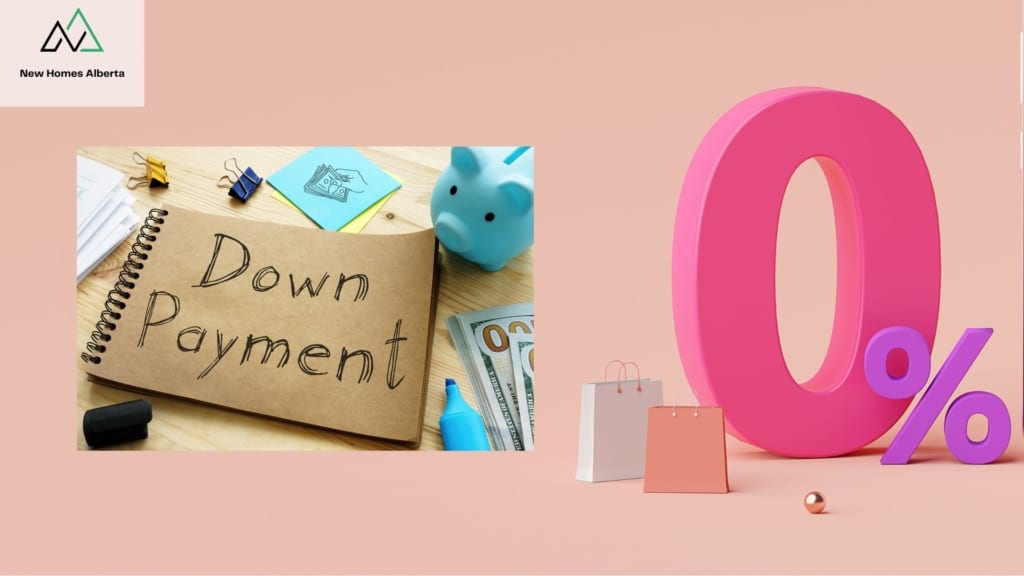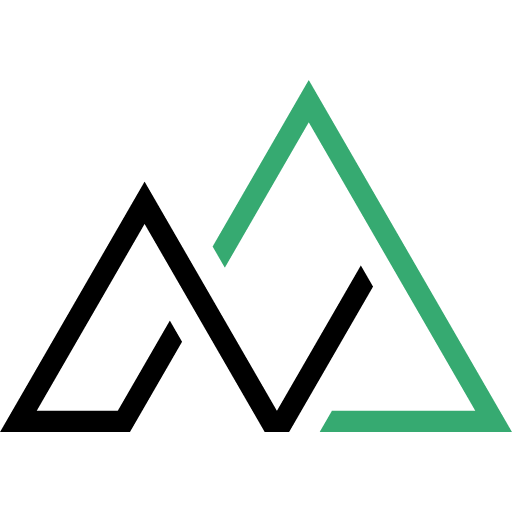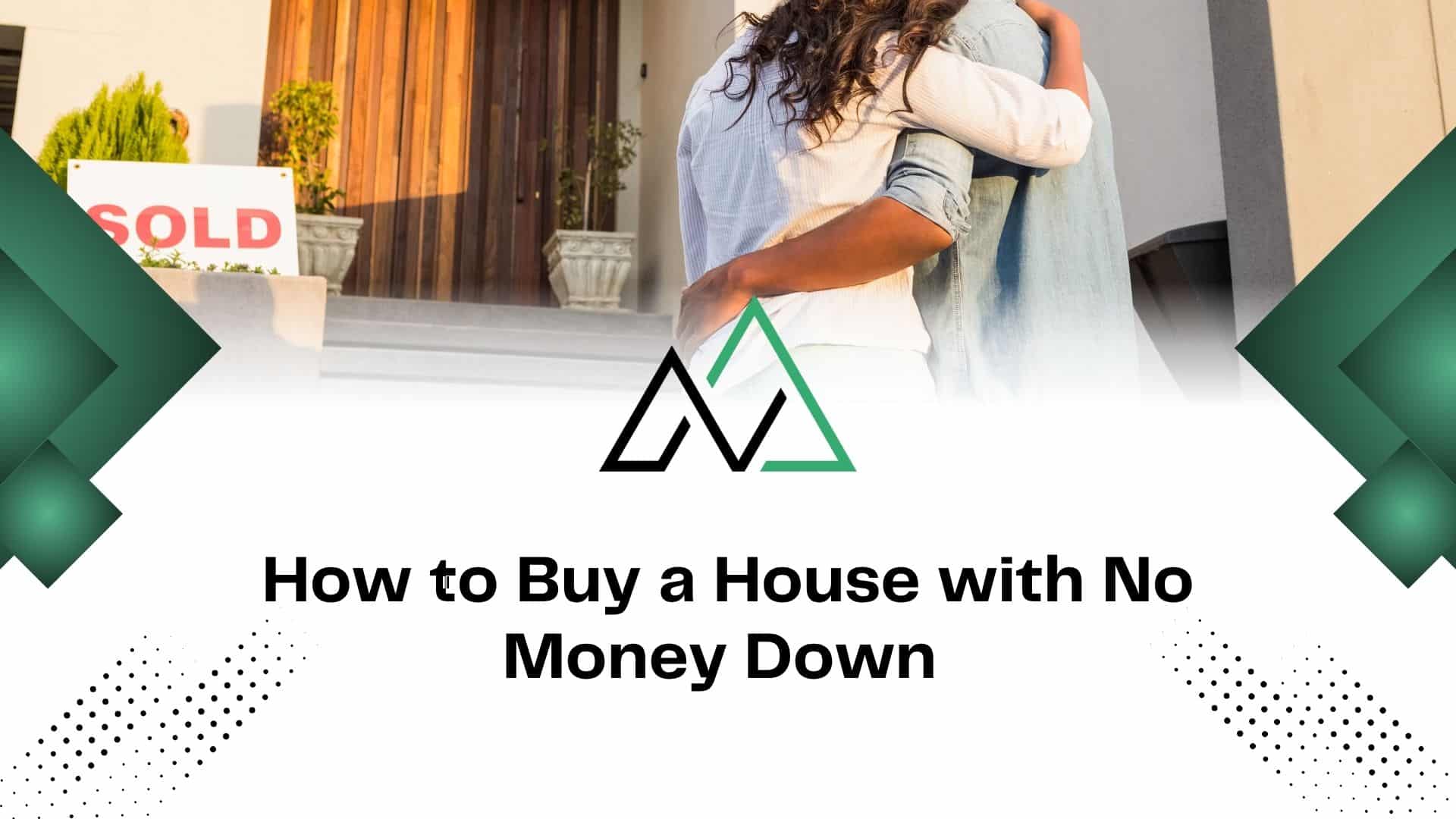What Does “No Money Down” Home Buying Really Mean?
How to buy a house with no money down is a strategy that allows homebuyers to purchase property without using their own savings for the down payment. Zero down payment mortgages are technically illegal—Canadian parliament outlawed them in 2008. However, there are still ways you can have something similar to a zero down payment mortgage. As of June 2025, Alberta homebuyers can have a minimum 5% down payment for houses under $500,000, but innovative financing programs now allow this requirement to be met through borrowed funds rather than personal savings.
The average home price in Alberta reached $493,828 in December 2024, which would typically require a minimum down payment of $24,691. For many aspiring homeowners, especially first-time buyers, accumulating this amount can take years of diligent saving.
What is the Current Zero Down Payment Market Like in Alberta?
There is a flexible down payment mortgage program with Canada Mortgage and Housing Corporation that allows homebuyers with zero down in Alberta to use a borrowed source for their mortgage down payment. The market has evolved significantly with new programs and enhanced accessibility for qualified buyers.

Alberta Zero Down Payment Market Overview
| Metric | 2025 Data |
| Average Home Price (Alberta) | $493,828 |
| Minimum Traditional Down Payment | $24,691 (5%) |
| Maximum RRSP Withdrawal (HBP) | $60,000 |
| Maximum FHSA Annual Contribution | $8,000 |
| First-Time Buyer Tax Credit | $1,500 |
| Average Interest Rate Premium | 0.25-0.50% above standard |
| Maximum Insured Mortgage Amount | $1.5 million |
Understanding Alberta’s Zero Down Payment Options

CMHC FlexDown Program: Your Primary Path
The CMHC offers insurance for high-ratio mortgages, which can allow for a lower down payment. The FlexDown Program allows you to borrow your down payment from sources like personal loans or lines of credit.
This federally backed program enables qualified buyers to secure the required 5% down payment through various lending sources. The key advantage is that you’re not waiting years to save while home prices potentially increase faster than your ability to save.
How FlexDown Works:
- You qualify for a mortgage based on your income and credit
- A secondary lender provides the down payment funds
- CMHC insures the high-ratio mortgage
- You make payments on both the mortgage and down payment loan
Alberta First-Time Buyer Programs
Attainable Homes Calgary (AHC)
When you buy a home through Attainable Homes Calgary, you only need to contribute $2,000 and the remainder is loaned to you to get you to 5%. There is no interest on the down payment loan.
This program revolutionizes affordability by requiring only $2,000 upfront. In exchange, AHC takes a percentage of your home’s appreciation when you sell, starting at 100% in the first year and decreasing to 25% after five years.
AHC Benefits:
- Minimal upfront investment ($2,000)
- Zero interest on the down payment loan
- No minimum ownership period
- Move-in ready homes available
Edmonton’s First Place Program
The First Place program gives first-time homeowners who meet the program’s eligibility criteria deferred land costs for 5-years. This program specifically targets new townhomes built on former school sites.
Program Requirements:
- Household income under $130,000
- Net worth of $25,000 or less
- First-time homebuyer status
- Canadian citizenship or permanent residency
Federal Programs Supporting Zero Down Strategies
Home Buyers’ Plan (HBP) Enhancement
As of April 16, 2024, the HBP lets you withdraw up to $60,000 for your down payment. For couples, this means access to $120,000 combined, which often covers the full down payment requirement.
Recent improvements include extended repayment start dates, giving buyers more time to establish their financial footing before beginning the 15-year repayment schedule.
First Home Savings Account (FHSA)
The FHSA combines the benefits of an RRSP and TFSA to help you save for your first home. This dual-benefit account allows tax-deductible contributions up to $8,000 annually, with tax-free growth and withdrawals for home purchases.
FHSA Advantages:
- $40,000 lifetime contribution limit
- Tax deduction on contributions
- Tax-free withdrawals for home purchase
- Can be combined with HBP for maximum impact
How to Buy a House with No Money Down in Alberta: Step-by-Step Guide
Step 1: Assess Your Financial Readiness
Before exploring zero down options, ensure you can handle the ongoing costs of homeownership. Down payments are a good gauge as to whether you can afford a home or not. Calculate your debt-to-income ratio and verify you can manage mortgage payments, insurance, taxes, and maintenance costs.
Step 2: Improve Your Credit Score
Zero down programs typically require stronger credit profiles to offset the increased lender risk. Target a credit score of 650 or higher, though some programs prefer 680+.
Credit Improvement Strategies:
- Pay all bills on time for at least six months
- Reduce credit card balances below 30% of limits
- Avoid applying for new credit before your mortgage application
Step 3: Get Pre-Approved with a Specialized Lender
Not all lenders offer zero down programs. Work with mortgage brokers who have access to CMHC FlexDown products and understand the nuances of borrowed down payment scenarios.
Step 4: Explore Down Payment Funding Sources
Primary Options:
- Personal loan or line of credit
- Family gift or loan
- RRSP withdrawal (HBP)
- FHSA funds
- Combination of above sources
Step 5: Calculate Total Borrowing Costs
Remember that zero down typically means higher monthly payments due to:
- Larger mortgage principal
- Mortgage insurance premiums (up to 4.5% of loan amount)
- Down payment loan servicing costs
Step 6: Apply to Applicable Programs
Submit applications to relevant Alberta programs while pursuing traditional FlexDown options. Program availability may be limited, so having multiple strategies increases your success chances.
Step 7: Secure Professional Representation
Engage a real estate agent experienced with zero down buyers and an Alberta real estate lawyer familiar with program-specific requirements.
Step 8: Plan for Closing Costs
Even with zero down, you’ll need 1.5% of the purchase price for closing costs including legal fees, inspections, and moving expenses.
Official Alberta Resources and Regulations
Understanding Alberta’s regulatory framework ensures compliance and optimal program utilization.
Provincial Oversight
According to the Canada Mortgage and Housing Corporation (CMHC), you must have a down payment of at least 5% of the purchase price for homes selling for less than $500,000 and 10% for homes selling above that. The Real Estate Council of Alberta (RECA) at https://www.reca.ca provides licensing and regulatory oversight for all real estate professionals involved in your transaction.
Municipal Resources
Calgary Specific Information:
- Development permits: https://www.calgary.ca/development/permits.html
- Property assessment details: https://www.calgary.ca/property-owners/assessment-tax.html
Edmonton Resources:
- Residential neighborhood information: https://www.edmonton.ca/residential_neighbourhoods/property-assessment
- Property tax details: https://www.edmonton.ca/residential_neighbourhoods/property-taxes
Land Titles and Registry
All property transactions must be registered through Alberta’s land titles system at https://www.alberta.ca/land-titles. The Spatial Information and Mapping Platform (SPIN) at https://www.spin.gov.ab.ca provides property boundary and ownership verification.
Financial Consumer Protection
The Government of Canada’s Financial Consumer Agency provides mortgage education and protection resources at https://www.canada.ca/en/financial-consumer-agency/services/mortgages/down-payment.html.
Recent Market Changes Affecting Zero Down Buyers

2025 Mortgage Rule Updates
As of December 15, 2024, all first-time home buyers in Canada are able to extend their mortgage amortization period to 30 from the previous maximum of 25, regardless of whether they’re an insured or uninsured borrower.
This change significantly improves affordability by reducing monthly payments, making zero down strategies more viable for income-qualified buyers.
Enhanced Insured Mortgage Limits
The maximum purchase price for insured mortgages is now $1.5 million, from the previous $1 million, for all high-ratio borrowers including first-time home buyers.
This expansion opens zero down possibilities for higher-priced Alberta markets previously excluded from insured mortgage programs.
Federal Tax Changes
In March 2025, newly-minted Prime Minister Mark Carney introduced campaign promise to eliminate the 5% Goods and Services Tax (GST) for first-time home buyers purchasing newly constructed or “substantially renovated” properties priced at $1 million or under.
This potential change could save qualified buyers up to $50,000 on new construction purchases, effectively creating additional down payment capacity.
Frequently Asked Questions About Buying a House with No Money Down
Can I really buy a house in Alberta with absolutely no money?
You still have to put a down payment on a home, but with a zero down mortgage, you’re able to borrow that payment. You’ll need funds for closing costs (typically 1.5% of purchase price) and moving expenses, but the down payment itself can be entirely borrowed.
What credit score do I need for zero down financing?
Most lenders require a minimum credit score of 650 for zero down programs, though stronger scores (680+) provide better rate and program access. Some specialized lenders may work with scores as low as 600 for well-qualified applicants.
How much will zero down cost me in extra interest?
They’re not quite as low as what you might find if you had a full down payment saved, but they are likely better than what the local banks are offering. Expect to pay 0.25-0.50% higher interest rates plus mortgage insurance premiums ranging from 2.8% to 4.5% of the loan amount.
Can I use gift money from family for zero down programs?
Yes, family gifts are generally acceptable for down payment assistance in most zero down programs. However, verify specific program requirements as some may require borrowed funds rather than gifts.
What happens if I can’t make my down payment loan payments?
Defaulting on either your mortgage or down payment loan can result in foreclosure. Ensure you can comfortably afford both payment streams before proceeding with zero down financing.
Are there income limits for Alberta zero down programs?
Applicants must also have a combined household income less than $130,000. This applies to specific programs like Edmonton’s First Place, while general FlexDown programs have no income caps but require debt service ratio compliance.
How long do I have to live in a zero down purchased home?
Most programs require the property to be your principal residence. Specific occupancy periods vary by program, with some requiring immediate occupancy and others allowing up to one year to move in.
Can I refinance a zero down mortgage later?
Yes, refinancing is typically possible once you’ve built equity and improved your financial position. Many buyers refinance within 2-3 years to eliminate high-cost down payment loans.
What closing costs should I budget for beyond the down payment?
Budget approximately 1.5% of the purchase price for closing costs including legal fees ($1,500-2,500), home inspection ($400-600), title insurance ($300-500), and land transfer taxes (minimal in Alberta).
Are zero down mortgages available for investment properties?
No, zero down financing is restricted to owner-occupied principal residences. Investment properties require minimum 20% down payments from your own funds.
About This Guide: This comprehensive guide provides current information as of June 2025 based on official government sources and regulated financial institutions. Mortgage regulations and program availability can change. Always consult with licensed mortgage professionals and legal advisors before making home purchasing decisions.
Next Steps: Ready to explore your zero down options? Contact a qualified mortgage broker who specializes in Alberta’s alternative financing programs to discuss your specific situation and determine the best strategy for your homeownership goals.

